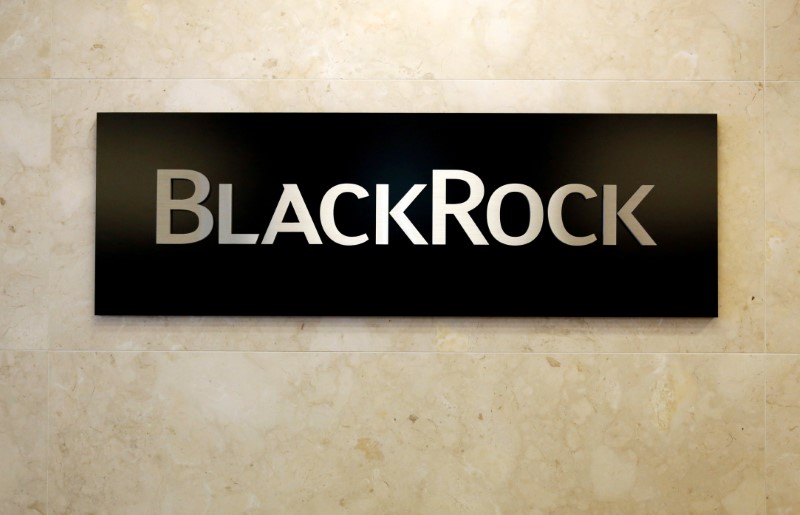By Ross Kerber
BOSTON (Reuters) - Even as top U.S. asset managers BlackRock Inc (NYSE:BLK) and State Street Corp (NYSE:STT) pressed companies on climate and diversity issues this year, they made few waves on another area of corporate governance: CEO pay.
Researcher Proxy Insight estimates BlackRock supported management in advisory "Say on Pay" votes at S&P 500 companies 97 percent of the time during the proxy season ended June 30, one percentage point lower than in the previous year, based on a review of voting tallies by eight outside funds that are voted by BlackRock.
Funds voted by a unit of State Street supported executive pay 94 percent of the time this year, also one percentage point lower than in the previous season, based on a similar review of early tallies. More complete filings are due in coming weeks.
The continued strong support helps explain how CEO pay keeps rising, part of a broader debate over inequality, even as large corporations changed their stances on climate and social issues under pressure from investors.
BlackRock for instance has already disclosed it switched sides and helped pass a measure on climate risk reporting at Exxon Mobil (NYSE:XOM) Corp's annual meeting in May. State Street says it voted against directors at 400 companies this year that had no female board members and showed no signs of changing, part of a campaign for gender diversity that also included the placement of the famed "Fearless Girl" statue on Wall Street.
Jon Lukomnik, head of the Investor Responsibility Research Center Institute, a frequent critic of pay designs, said the statistics reflect how it is often hard for large fund managers to vote against pay because the issues can be more complex than on other governance issues.
Factors that could influence a pay vote include a company's bonus metrics or the peers it measures pay against. "If you vote 'no' on executive comp, does it mean you don't like how it is structured? Or you don't like the total amount? It's more of a continuum," Lukomnik said. "When it's a close call, they tend to vote 'yes'."
The median S&P 500 CEO was paid $12.1 million last year, up from $11 million among the same group in the previous year, according to ISS Analytics.
To be sure, the S&P 500 index's 9.5 percent rise in 2016 made it easier for many boards to justify pay raises for their leaders. Ira Kay, a corporate pay consultant, said the fact that companies win the vast majority of the advisory votes on pay, even as they lose on other issues, shows their pay plans work as designed.
"The vast majority of shareholders at the vast majority of companies are highly satisfied with their pay and performance alignment," Kay said.
A spokesman for BlackRock declined to comment before its more complete voting data is disclosed in coming weeks. BlackRock has said it expects companies to tie pay to long-term performance and that it may vote against directors when companies have not demonstrated such a connection.
A State Street representative sent data showing that its funds supported pay plans about 94 percent of the time in the first six months of 2017, roughly the same rate as in the same period a year earlier, across more than 2,000 companies in each year.
Technically State Street funds voted "against" pay at more companies this year, 140, than in the first half of 2016 when it voted 'against' pay at 131 companies.
The higher number shows State Street's concerns about "quantum of pay," meaning the overall level of pay, said Rakhi Kumar, State Street's head of governance via e-mail.

(This version of the story corrects institute name in paragraph 6 to Investor Responsibility Research Center Institute, not Investor Responsibility Resource Center Institute)